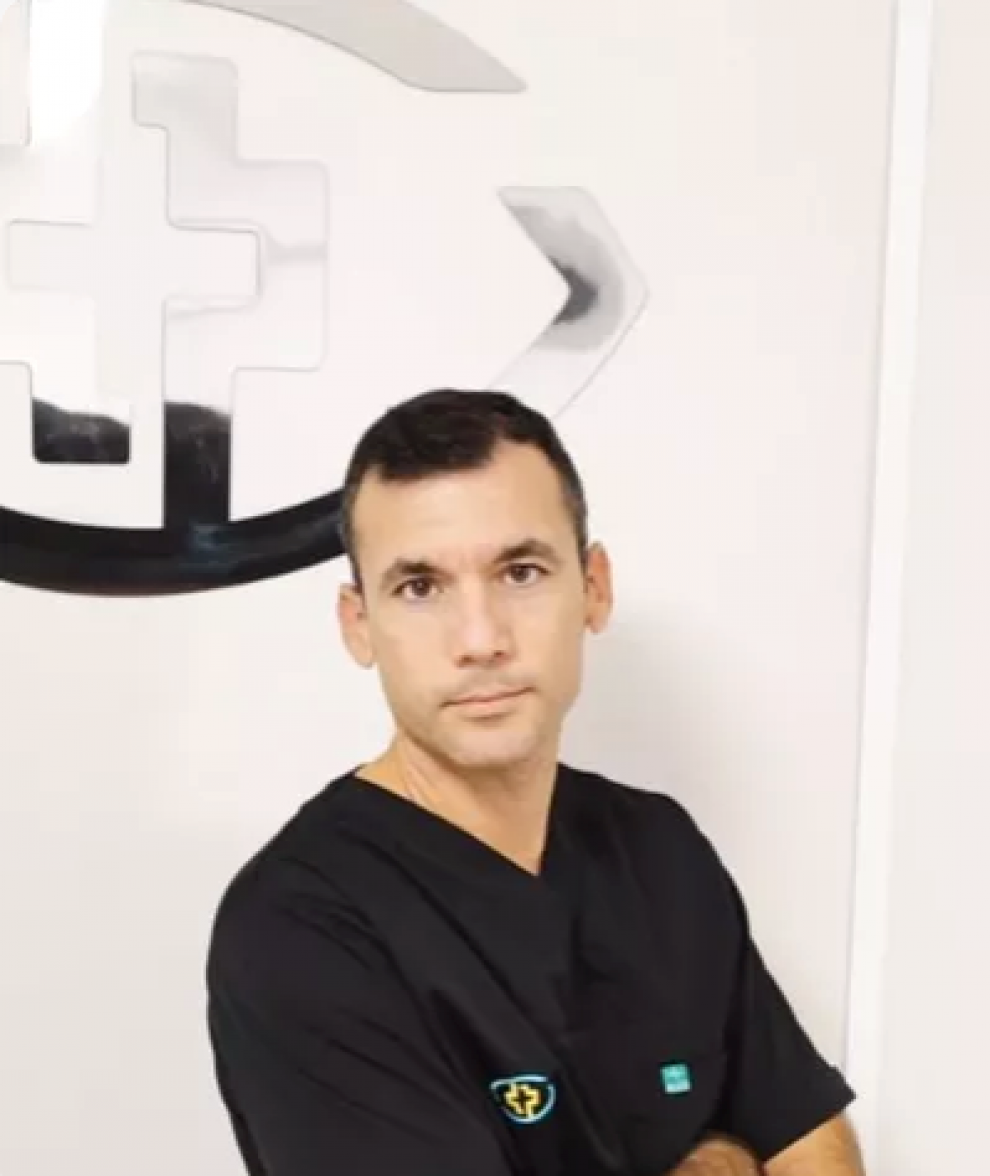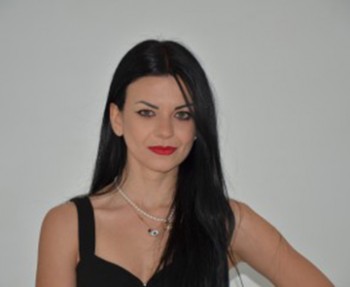Dr. Ionas Miliatos gives us advice and solves questions about our eye health
"Do not forget yourself and your eyes!"
 Dr Ionas Miliatos Ophthalmic Surgeon
Dr Ionas Miliatos Ophthalmic Surgeon
It was with great pleasure that we met Dr Ionas Miliatos, an ophthalmic surgeon, in Pafos. He answered the following questions in our interview, told us a few words about himself and gave us tips for the health of our eyes.
Let's meet Dr Ionas Miliato a little better.
Tell us a few words about yourself:
My name is Ionas Miliatos, I grew up in Pafos and after my military service I studied medicine in Greece. After graduation I moved to Sweden where I specialised in ophthalmology. After my specialisation I stayed there and worked in one of the largest hospitals in the country for an additional 8 years. In 2020 I decided to return to my hometown, bringing with me all the knowledge and experiences from abroad, opening a private practice in the centre of Pafos, at 60 Eleftheriou Venizelou, opposite Koukkou High School / Nikolaidio High School.
Why did you choose the speciality of ophthalmology?
I chose ophthalmology because it covers a wide range of diseases with patients of all ages and is largely independent, combining pathology and surgery. The most important thing for me is that I consider it to be an exciting speciality with great developments in recent years, something that fills me scientifically and professionally.
At this point Dr. Miliatus solves some questions about myopia and its prevention and contact lenses.
Help us to understand in simple words what is myopia?
Myopia is a refractive error of the eye in which the ‘optical system’ of the eye (cornea, lens) light fails to focus on the retina, but in front (on myopia). As a result one can see relatively well up close but not far away. The opposite is called hyperopia (light is focused behind the retina).
Are there any preventative measures we can take to prevent myopia?
The reason a person acquires myopia is multifactorial and depends, among other things, on heredity and various environmental factors, such as constant close focus (e.g. reading, mobile use, etc. or long hours indoors.) Studies have shown that it is often associated with high intelligence or a high fat diet.
According to recent studies there are ways that can reduce the increase in myopia in childhood such as:
Atropine drops (need prescription and follow-up by an ophthalmologist).
Special contact lenses worn during sleep.
Reduction of the duration of close focus on mobile phones, computers, tablets, etc.
Exposure to the outdoors and sunlight for at least 2 hours daily.
Keep electronic devices at a distance of 40-50 cm, at eye level and with good lighting.
Is the use of contact lenses recommended as a doctor?
Contact lenses are recommended if the user is not very young (<12 years old) and there is no other pathology such as dry eye, corneal dystrophy, eyelid diseases that cause drying of the cornea and lens, severe allergic conjunctivitis, active keratitis. It is a good idea to consult your ophthalmologist before using contact lenses. It is also important to use and maintain the lenses properly.
In the end, it is a myth that television burdens our eyesight, says Dr. Ionas Miliatos.
Is it true that television can burden our eyesight?
This is a myth. The reality is that watching for long hours and especially at a very close distance from the TV can cause eye strain and possibly a headache, but it does not damage the eyesight. But choosing to sit in front of the TV all the time can be a sign that the person may have myopia and need glasses.
A message from Dr Iona Miliato to our readers:
Pursue your dreams even if you need to reach the foothills of the North Pole. Compensation as well as moral satisfaction comes with the crew of time. Finally, do not forget to check every year with your ophthalmologist or optician. Do not forget yourself and your eyes!
Find him here:https://www.imiliatos.com/ info@imiliatos.com Tel. 26 220202


 English
English
 Ελληνικά
Ελληνικά Русский
Русский
 Posted by
Triantafyllia Pliaka
Posted by
Triantafyllia Pliaka






